The most commonly asked question in all of business – how much will it cost?
For concrete contractors, this question can come in many forms including, but not limited to:
-
How much does concrete cost?
-
What is the price of concrete per yard?
-
How much for a 20 x 20 concrete slab?
-
How much does it cost to replace a concrete driveway?
-
How much for concrete per square foot?
-
How much to install concrete?
-
and so on…
Why Do Contractors Hate Sharing Their Prices?
-
Fear of Competition – some contractors might fear that their competitors would use their pricing against them, or that they might hand a new competitor the playbook to success.
-
Fear of Misunderstanding – many contractors worry that sharing pricing information is more trouble than it’s worth. If a contractor is handling all of their business’ operations, then dealing with misunderstandings about price could be an intimidating possibility.
-
Complexity – there are a lot of factors to consider with any construction project. It can be difficult and time consuming to outline all of the possible ways that the cost of a project could be impacted. So much so that some contractors may not have any form of standardized pricing and use whatever pricing they feel will work best for the individual project.
-
Flexibility – the cost of materials, equipment, and associated labor ebb and flow along with the rest of the market. By keeping pricing information under wraps, the contractor may feel that they are able to be more flexible in the face of market fluctuations.
-
Leverage – sadly, not all contractors prioritize the customer in the way they do business. Some contractors will inflate their standard prices (if available) so that they can get the most profit possible from your concrete project. However, the opposite may also be true – where a contractor may reduce their standard pricing to win a job over their competitor.
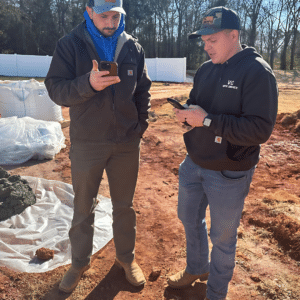
Lucky for you – we’ve got answers!
Concrete Construction: Price Considerations
The Concrete Contractor
Every concrete contractor has the freedom to set their own prices and policies, so it’s important to consider the characteristics of your choice in contractor when comparing prices. As the saying goes – you get what you pay for. With that in mind, here are some contractor-specific items to think about:
Minimum Price
Also known as a “Starting Price“. Most full-service contractors don’t do much concrete work using bagged mix. Instead, they use high-quality ready-mixed concrete suppliers that provide delivery services and have their own minimum order requirements. At the time of writing this article, a reasonable estimated range for turn-key concrete contractor minimum project prices is between $3,000 and $4,500 in South Carolina. However, it is best to check with contractors in your local area for more exact numbers.
Investments Toward Quality & Customer Service
Contractors that actively make investments into the growth of their company’s production quality, employee education, and customer service (i.e. warranties, automated messages, invoicing, payments, equipment, etc.) may charge slightly more to cover part of the cost of providing these additional benefits.
The Concrete Project
Project Type
From the start, the cost of your concrete project will be impacted by whether it is an installation, extension, or replacement of a concrete structure. While all of these concrete service types stand the possibility of calling for the same types of equipment, concrete replacement projects usually run at a higher cost due to an increased liability, strain on equipment, fees associated with hauling/dumping, and labor necessary to complete the project.
Concrete Specifications
The specifications of a concrete project have a huge impact on cost, and are likely where you first started when asking yourself how much you were going to need to get this thing done. Project specifications include, but are not limited to:
Size (Length, Width, Depth)
The dimensions of your concrete structure will directly impact the cost of the materials your contractor will need to complete the job. While many homeowners refer to their project size based on surface area, or square feet. However, square footage can be a deceptive form of measurement, because the volume of concrete can multiply with added depth. For this reason, the most relevant form of measurement in the concrete industry is the cubic yard. However, if you’re having trouble calculating how many cubic yards you’ll need then, we highly recommend that you consult with local concrete contractors who can obtain precise measurements of length, width, and depth with an on-site estimate.
If you’re looking for a good resource for calculating the volume of concrete you may need for your project, then check out this set of Concrete Volume Calculators, which offers solutions for calculating the concrete volume of slabs, concrete footings, concrete walls, holes, columns, round footings, circular concrete slabs, tubes, concrete curb and gutter, and concrete stairs!
Shape
While a homeowner may overlook the significance of the shape of their concrete patio, or concrete driveway, this is a detail that your concrete contractor may not be able to afford missing. Complex shapes and decorative separation in your concrete structure may have a serious affect on labor and materials required to complete your job properly.
Strength
The strength of concrete mix is most commonly measured in PSI, or Pounds per Square Inch. As one might expect, the higher the PSI – the higher the cost of the concrete mix.
Reinforcement
Another way to increase the strength of concrete, and increase the cost of your project, is by adding reinforcement materials. The cost of concrete reinforcement will vary depending on the type of reinforcement used – fiber mesh, wire mesh, rebar – but there is no doubt that it will make a noticeable dent.
 Concrete Design
Concrete Design
Decorative concrete has a wide range – from floating staircases and complex joint placement to dual – color tones and stamp patterns. When it comes to decorative concrete, homeowners should expect to pay an additional 25% or more for these design options. For some detailed color combinations and stamps, homeowners may even pay more than double the cost of a traditional slab!
Logistics
The layout and location of your property may also play a crucial role in the cost of your project. Property lines, obstacles, HOA requirements, and distance from the nearest concrete plant can create great challenges for your concrete contractor as they try to coordinate your project within your timeline and budget. If logistics are a major consideration for your project, then you may incur costs for additional equipment, transportation fees, labor, materials, and other fees (such as permits).
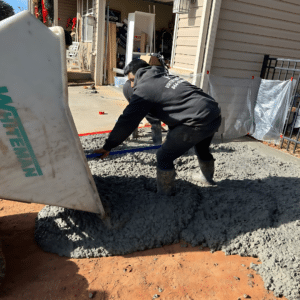
- Concrete Line Pump, or Boom Pump
- Concrete Buggy
- Skid Steer
- Dump Truck and/or Trailer
- Power Trowel
- Power Screed
The Market
 Concrete Supply & Demand
Concrete Supply & Demand
Concrete, like most things, is subject to seasonal variations in supply and demand. Contractors are less motivated to negotiate price during the peak seasons, therefore prices are somewhat higher for projects completed during the spring and summer months.
Inflation
Unfortunately for all involved, concrete is not immune to the inevitable rise of inflation. As the cost of ingredients, fuel, and labor rise – so does the cost of providing turn-key concrete construction services.
In June of 2023, Construction Dive reported that the cost of Concrete & Masonry materials had already increased by 15% in 2023.
General Concrete Construction Prices
AND NOW… what you’ve all been waiting for …. How much does concrete cost?
As you may have already guessed – concrete isn’t cheap. Full-service concrete contractors that offer a turn-key concrete construction experience (from demolition to concrete finishing) typically have starting prices, or minimum project prices, somewhere around $3,000 – $4,500 or higher.
Standard residential concrete projects, which typically take two days (1 day prep + 1 day pour) to complete, can cost anywhere from the minimum price to over $25,000, but will normally fall somewhere between $6,500 – $8,500 (as of January 2024).
IMPORTANT: Concrete material costs have been trending upward significantly over the past two years, along with other building materials, and are not projected to decline. These cost increases are passed down the supply chain, and will directly impact the cost of residential and commercial concrete construction prices.
Looking for more detailed pricing info?
Request Your 2024 Virtue Concrete Price Guide Below 👇
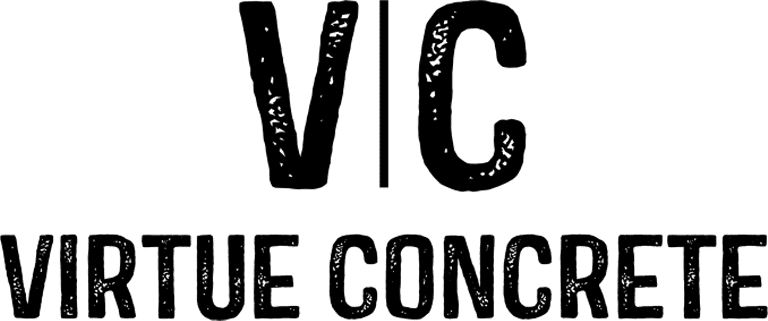


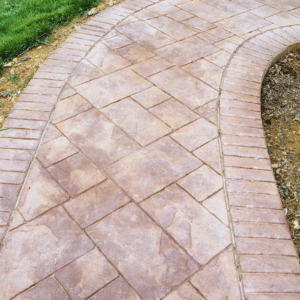 Concrete Design
Concrete Design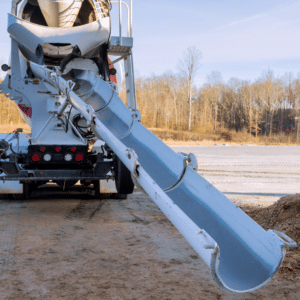 Concrete Supply & Demand
Concrete Supply & Demand